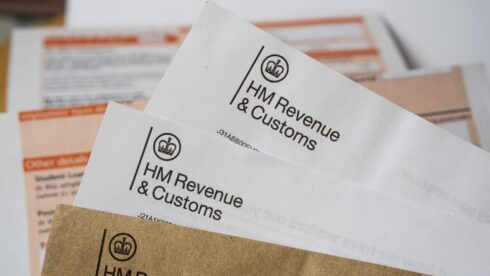HMRC tightening up on employers’ year end reporting
Melanie Richardson
09/03/2022
There will be no COVID related ‘light touch’ from HMRC for 2021/22 returns – if you miss the deadlines this year you can expect to trigger penalties.
HMRC requires numerous sets of employee data after the end of the tax year, which is no small task for employers. Although real time reporting of PAYE has removed some of the year end reporting burden, making sure you have accurate data ready in time to meet all the reporting deadlines is always a challenge. This article will outline what is required to keep your business ahead of the game.
This article outlines some of the requirements necessary for your year end reporting. Please be aware that this list is not necessarily complete and that each individual employer will require a unique filing. If you have any questions or require assistance, please get in touch with your Swindells partner who will be able to advise you further.
P11Ds
Employers must report any taxable expenses or benefits in kind provided to employees or directors to HMRC. They will also need to provide a copy of the P11D information to employees and directors. Finally, employers will need to pay any income tax or National Insurance due. The deadline for submitting P11D information to HMRC and to employees is 6 July.
Share plan reporting
If you operate a share plan or if there has been any type of equity transaction involving UK employees or directors, you will almost certainly have to submit a return to HMRC annually by 6 July, under the Employment Related Securities (ERS) legislation. Where plans are operated by parent companies, the parent or a UK employing company should report.
Reportable transactions range from formal share plan activity to the acquisition of loan notes, a gift of shares and disposals of shares for more than market value. The reporting obligation exists all companies and HMRC is increasingly looking at the correlation between payroll, corporation tax deductions and share plan reporting.
Gender pay reporting
In the two previous reporting years the Gender Pay Gap reporting obligation has either been suspended or enforcement has been delayed, because of the COVID-19 pandemic. We are now back to the usual reporting cycle of 4 April 2022 for the private sector.
Gender Pay regulations now require private sector employers with more than 250 employees, at company or entity level, to publicly report a range of gender pay information and six GPR ratios by 4 April every year. Slightly different dates apply to public sector employers who must report by 30 March each year.
Short term business visitors
Strict PAYE obligations exist for employers in the UK, where PAYE withholding is required in circumstances where an employee from an overseas parent, subsidiary or associated company visits the UK to work either for a planned project or on an ad hoc basis. There is no de minimis limit for this and PAYE is due from the first day of work in the UK.
Please be aware that this list is not all inclusive and that each individual employer will require a unique filing. If you have any questions or require assistance, please get in touch with your Swindells’ partner who will be able to advise you further.
Sign up to receive our private content
straight to your inbox






